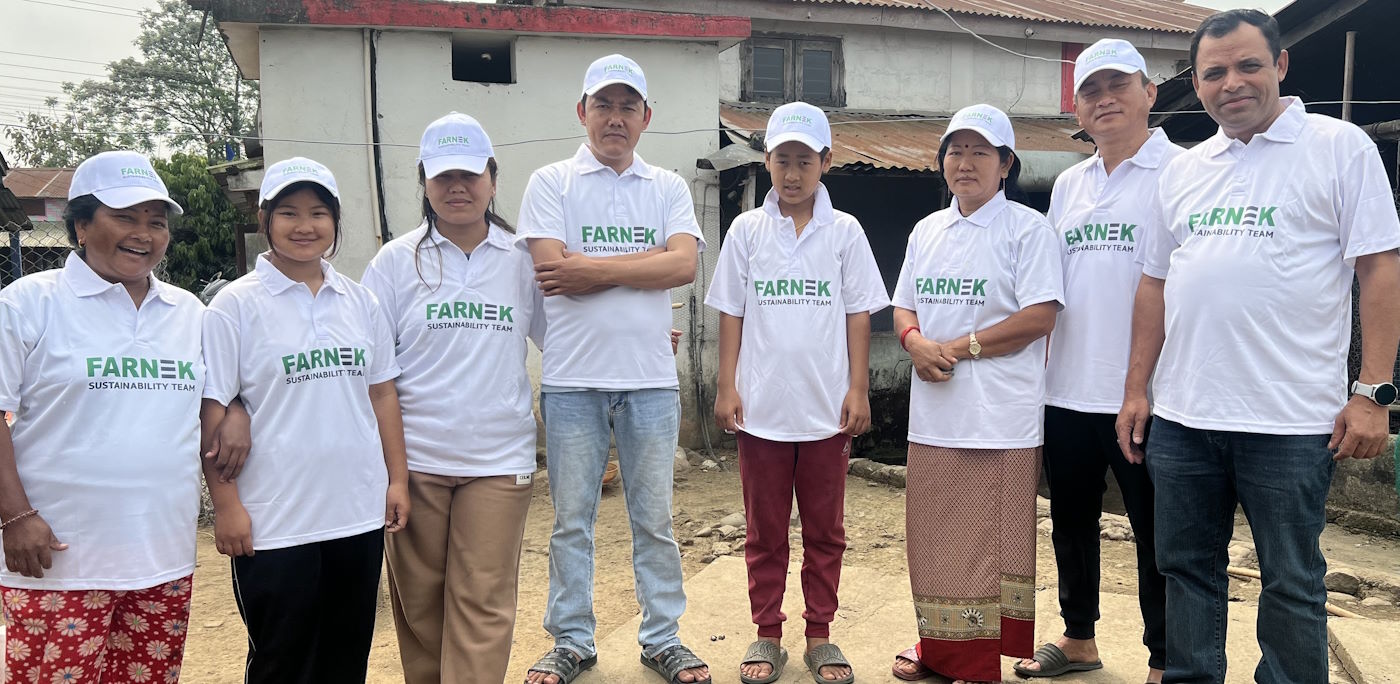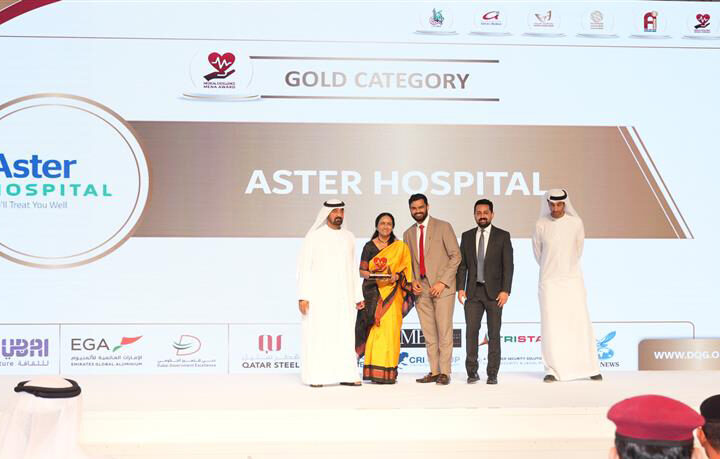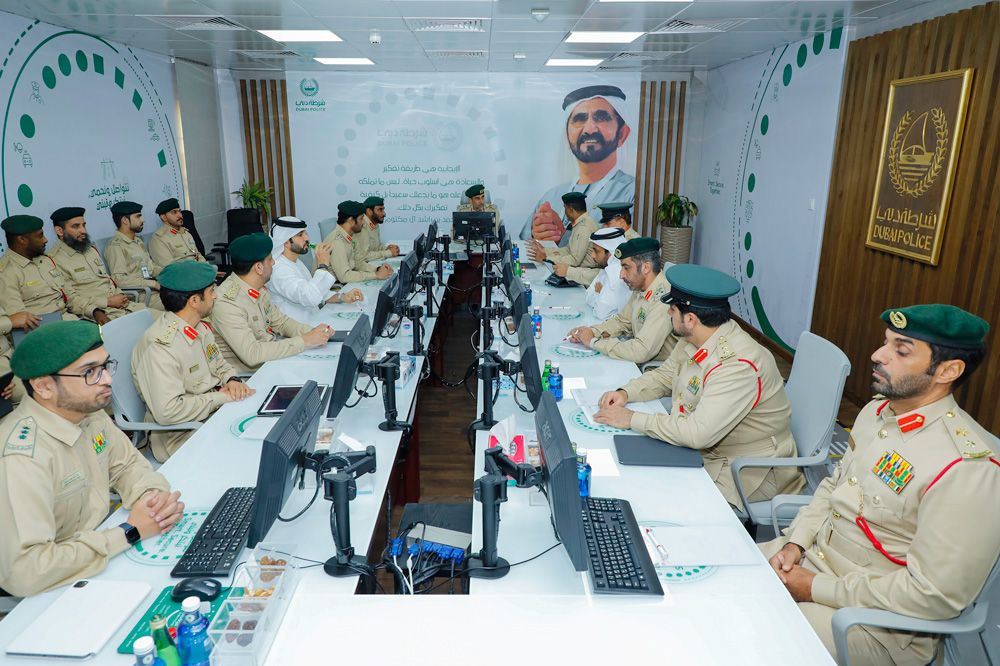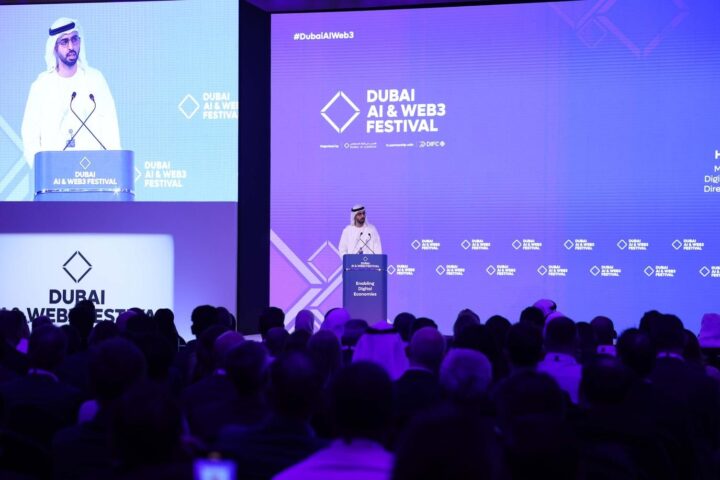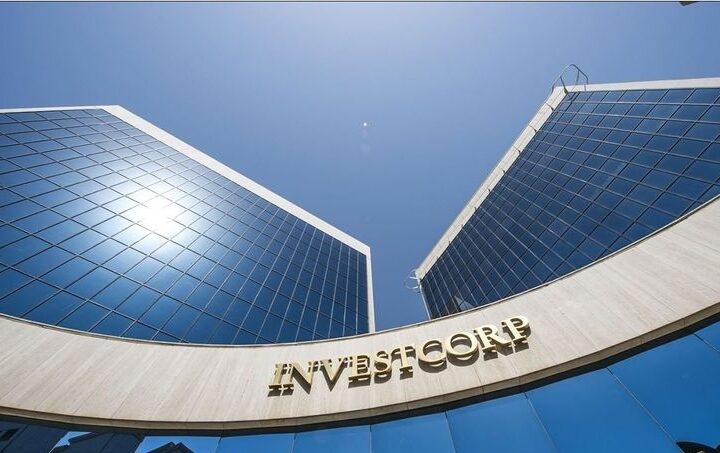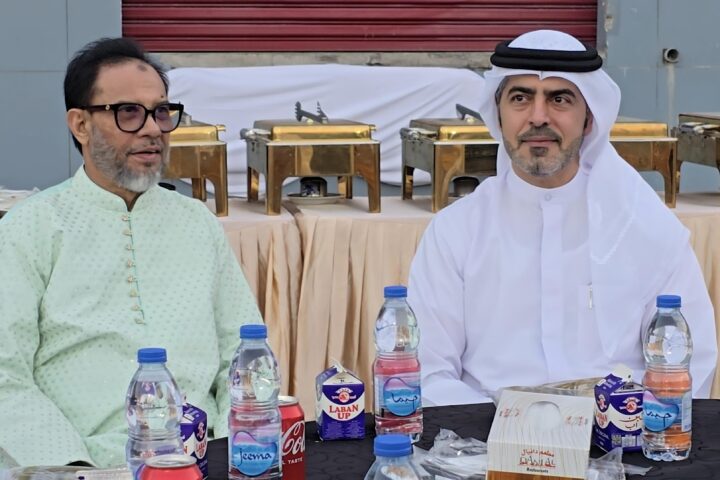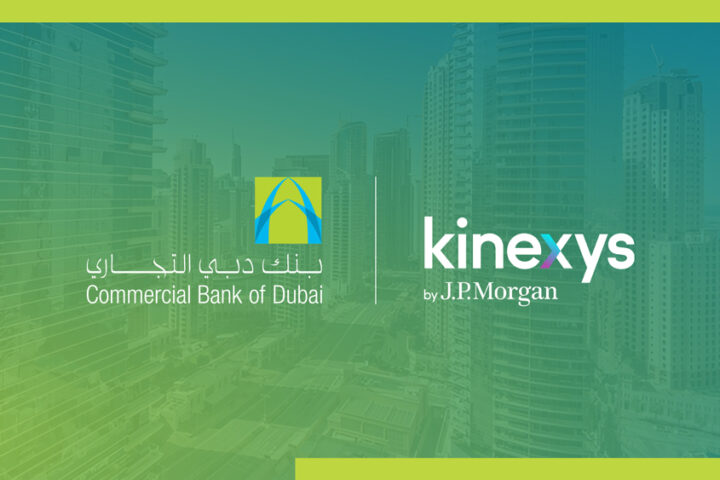Dubai, UAE – Farnek, a leading UAE-based smart and green facilities management (FM) company, has recently revisited families in rural Nepal who were beneficiaries of the company’s biogas plants. The initiative, which is a key part of Farnek’s Environment, Social & Governance (ESG) strategy, was launched to provide a renewable energy solution for villagers.
The biogas plants, installed by Farnek technicians in 2015, enable villagers to produce methane by fermenting animal waste. The initiative has had a significant impact on the lives of the villagers, including Bishnu Tamang from the remote district of Chitwan and Babi Adhikari, both of whom have reported considerable savings and health benefits.
Tamang highlighted that he no longer needs to collect 20 kilos of wood a day or buy gas from local markets, saving him 1,000 Nepalese Rupees (NPR) ($7.50) per month. Considering the average monthly income of farmers in rural Nepal is around 21,700 NPR, this represents a significant saving. Tamang also recycles the slurry from the cow dung as fertilizer for his corn fields.
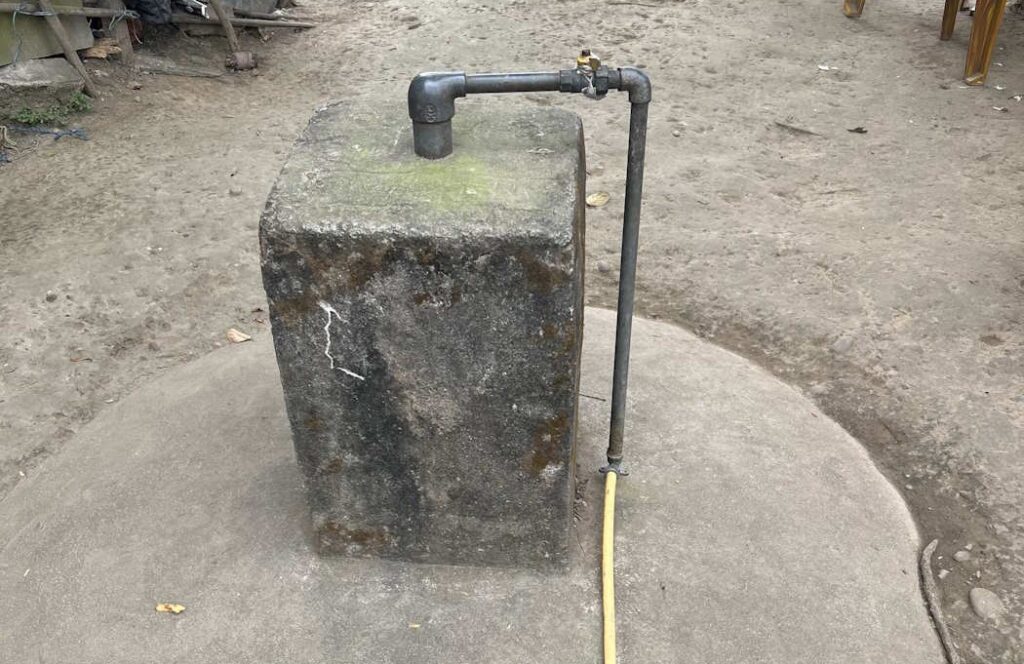
Adhikari reported similar benefits, noting that his family no longer spends 30 minutes each time they want to make a fire. He also highlighted the health benefits of a smoke-free indoor environment now that they no longer burn wood inside their home.
The construction of the biogas plants is simple, involving a pit dug close to the house, within which an enclosed dome-shaped digester is built underground out of clay and bricks. The dung from two or three cows each day produces enough methane gas for five hours of cooking or lighting. Each biogas plant saves the equivalent of 7.5 tonnes of carbon dioxide emissions per year for up to 20 years.
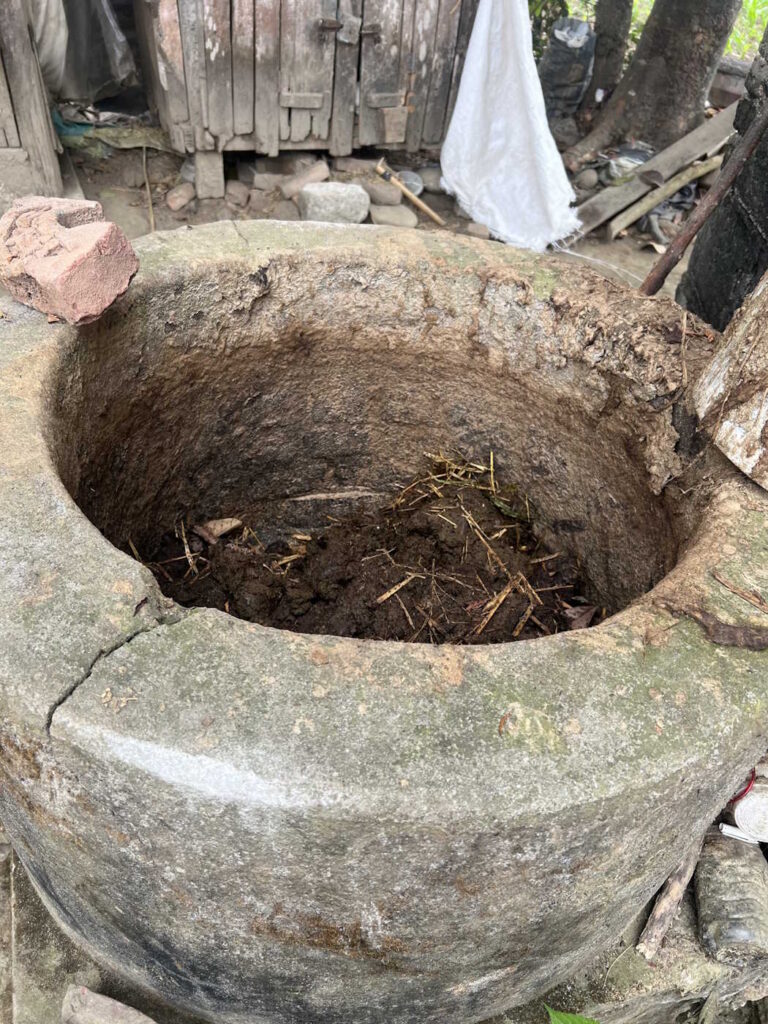
Markus Oberlin, CEO of Farnek, commented on the initiative, “Approximately 20% of our employees are from Nepal, and many of their families live in isolated rural communities, facing ongoing challenges accessing clean, affordable energy. We decided to launch an initiative that would provide clean, renewable energy, benefiting their families, raising their standard of living and improving their immediate environment.”
The company had initially planned to revisit the families after five years, but due to travel restrictions during the pandemic and the subsequent recovery period, that review had to be postponed. Now, with firsthand documented evidence, Farnek can see just how much this simple idea has improved the lives of the villagers and contributed towards a cleaner environment.

